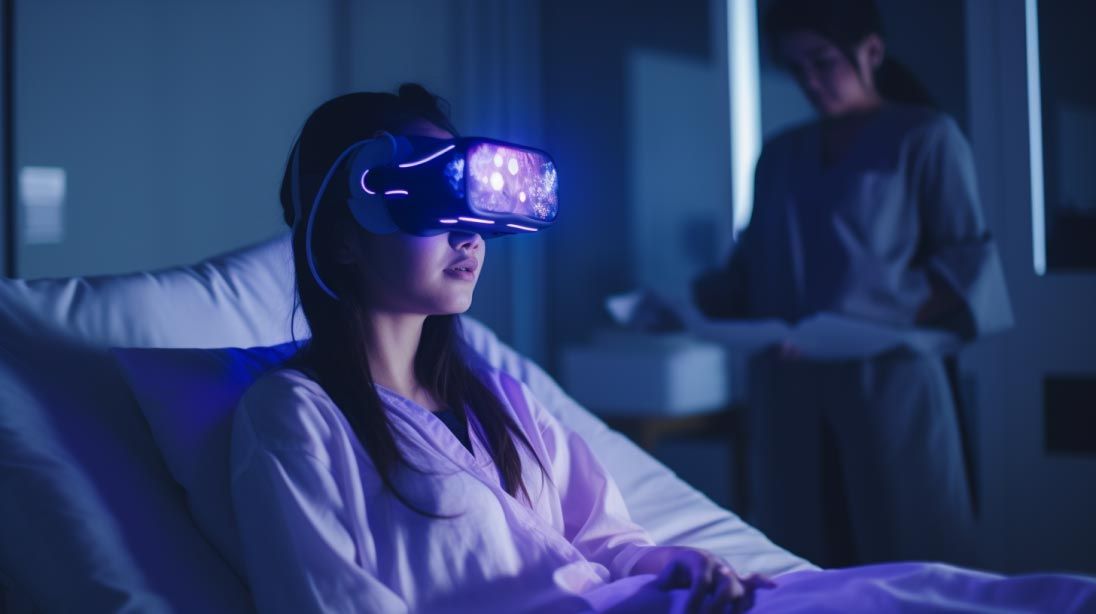The Impact of VR on Mental Health Treatment
Virtual Reality (VR) technology has revolutionized many industries, and one area where it has shown great promise is in mental health treatment. VR allows therapists to create immersive and interactive environments that can help individuals suffering from mental health issues such as anxiety, depression, PTSD, and phobias. In this article, we will explore the ways in which VR has positively impacted mental health treatment.
Enhanced Therapy Sessions
One of the major advantages of using VR in mental health treatment is that it can enhance traditional therapy sessions. Therapists can create customized VR experiences that simulate real-life situations that trigger a patient’s symptoms. This allows patients to confront their fears in a controlled environment and gradually build up their tolerance, leading to more effective treatment outcomes.
Improved Engagement and Retention
Traditional therapy methods can sometimes be repetitive and monotonous, leading to poor engagement and retention from patients. With VR, therapy becomes more engaging and interactive, keeping patients motivated and interested in their treatment. The immersive nature of VR also helps patients retain the information and skills they learn during therapy sessions.
Safe Exposure Therapy
Exposure therapy is a common treatment for anxiety disorders and phobias, where patients are gradually exposed to the feared object or situation. VR allows therapists to create virtual scenarios that mimic real-life situations, providing a safe and controlled environment for patients to face their fears. This can be especially useful for patients with severe phobias or PTSD who may struggle with traditional exposure therapy.
Remote Therapy Options
VR technology offers the potential for remote therapy options, allowing patients to access mental health treatment from the comfort of their own homes. This is especially beneficial for individuals who live in remote areas or have difficulty accessing traditional therapy services. Remote therapy options also reduce the stigma associated with seeking mental health treatment, as patients can receive care in a private and discreet setting.
Customized Treatment Plans
VR technology allows therapists to create customized treatment plans for individual patients based on their specific needs and goals. Therapists can tailor VR experiences to target the patient’s symptoms and provide personalized treatment interventions. This personalized approach can lead to better treatment outcomes and faster recovery for patients.
Future Research and Development
The potential of VR in mental health treatment is still being explored, with ongoing research and development in the field. Researchers are investigating new ways to integrate VR technology into therapy practices and develop innovative treatment approaches. As VR technology continues to advance, it holds great promise for improving mental health treatment outcomes and helping individuals lead healthier and happier lives.
Conclusion
Virtual Reality technology has the potential to revolutionize mental health treatment by providing therapists with innovative tools to enhance therapy sessions, improve engagement and retention, offer safe exposure therapy, provide remote therapy options, and create customized treatment plans. As research in this field continues to evolve, VR holds great promise for transforming the way mental health issues are treated and managed.
Consider incorporating VR technology into your mental health practice to offer your patients cutting-edge treatment options and help them achieve better outcomes.


